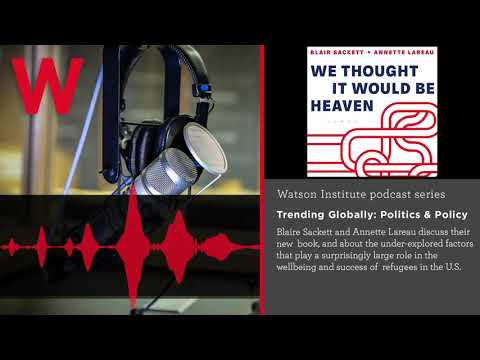We're going to dive deep into a topic that affects every single one of us: the toxicity of our water and the profound importance of clean water for our well-being. Water, as we all know, is the essence of life. It quenches our thirst, nourishes our bodies, and sustains the planet. But did you know that not all water is created equal? In fact, our water sources can sometimes hide a dark secret - toxicity.
You see, pollutants, chemicals, and contaminants can find their way into our water supplies, compromising its purity and potentially harming us in the process. From industrial runoff to outdated infrastructure, there are many sources of water pollution that we need to be aware of. In this video, we're going to explore some of these hidden dangers, shed light on the toxins lurking in our tap water, and most importantly, discuss why it's crucial for our health and the environment to ensure access to clean, safe water. So, stick around because this knowledge can truly be a life-changer!"
As a doctor, I'm passionate about holistic health, and clean water is at the very core of it. Our bodies are made up of around 60% water, and every cell, tissue, and organ relies on it to function optimally. When we consume contaminated water, we expose ourselves to a host of health risks, including digestive problems, weakened immune systems, and even chronic diseases. It's not just about drinking water; it's also about bathing, cooking, and the water we use for our daily lives.
In this digital age, it's essential that we use the power of knowledge and technology to protect ourselves and our loved ones. So, stay tuned as we explore the solutions and actionable steps to ensure you have access to clean, life-giving water. Together, we can make informed choices and take positive actions to safeguard our health and the health of our planet. Remember, clean water is not a luxury; it's a fundamental right that we must all strive to preserve. Let's embark on this journey to a healthier, toxin-free world!
-----
BraveTV Official
Website: https://BraveTV.com
Store: https://BraveTV.com/store
Podcasts: https://BraveTV.com/watch
About Dr. Jason Dean: https://BraveTV.com/about
-----
Today’s report is brought to you by The Full Moon Protocol, where it’s our mission to awaken, uplift, and unite America in health care—one show at a time. Get your Full Moon Protocol at: https://bravetv.store/
To change your retirement to Silver IRA’s, be sure to check out my Plan for you at http://www.kirkelliottphd.com/DrDean
Survival is a necessity at https://www.SurvivalDispatch.com
To learn about investing in Gold & Silver visit wwwUSCoinCapitol.com, or call 800-878-2646.
-----
BraveTV interviews prolific guests that are informative, funny, interesting, controversial, and enjoy Freedom of Speech to the fullest

